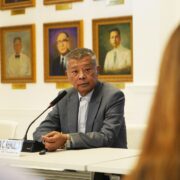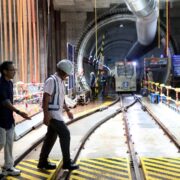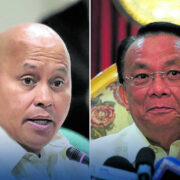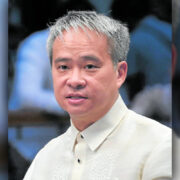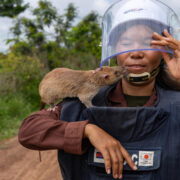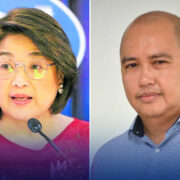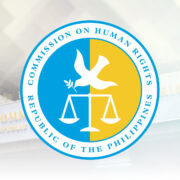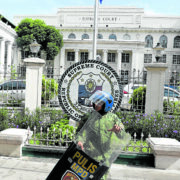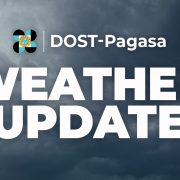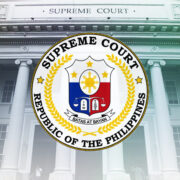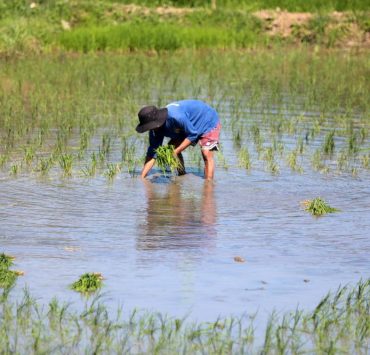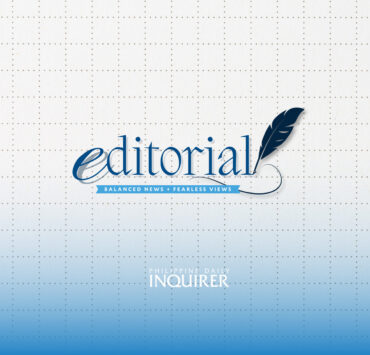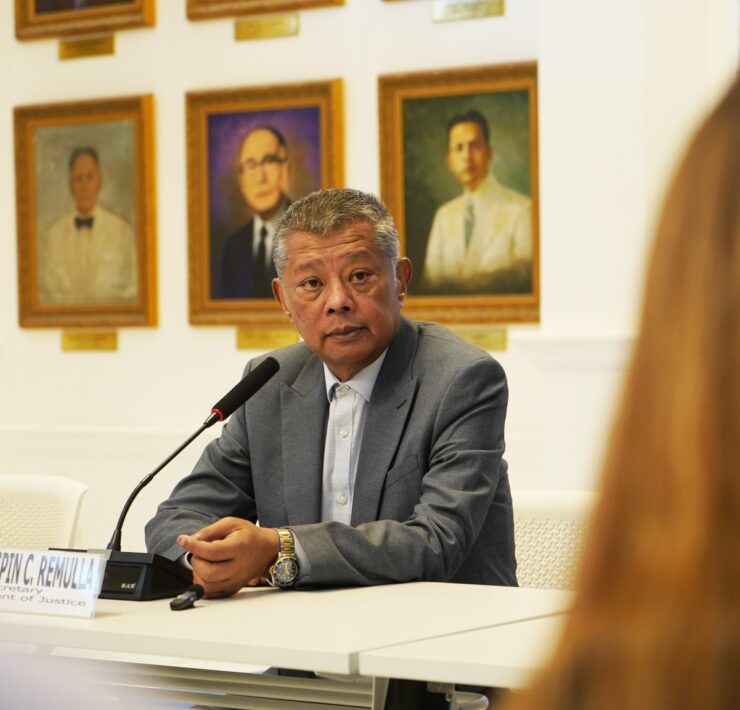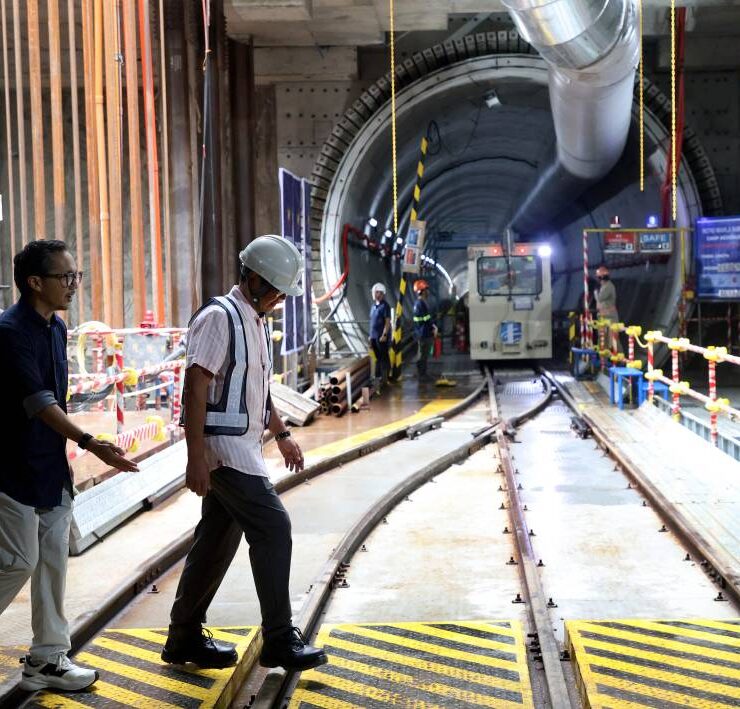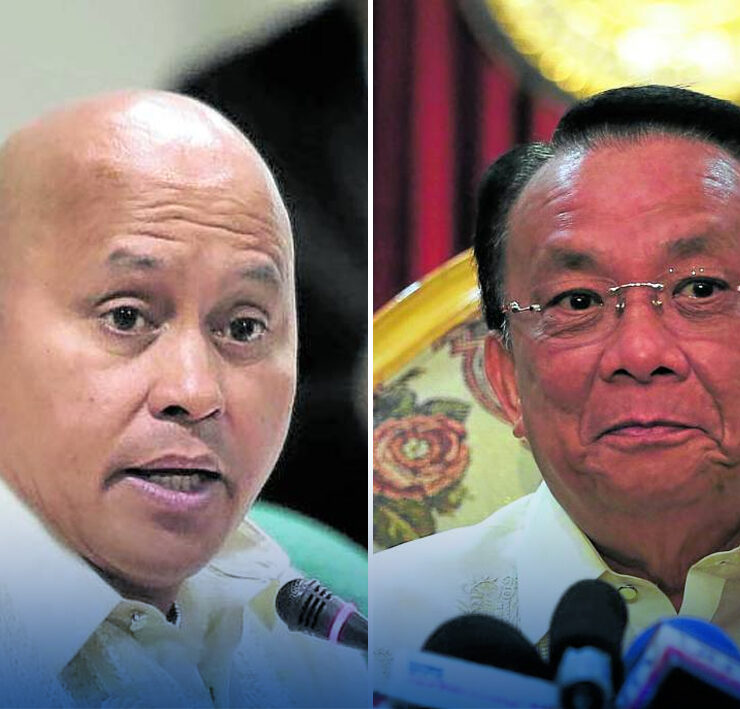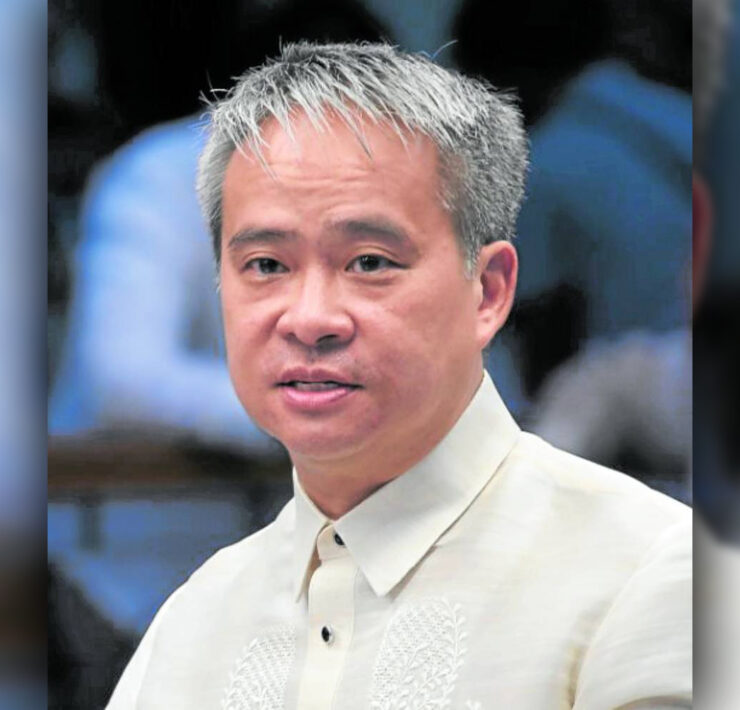Doc Willie Ong’s brave cancer disclosure
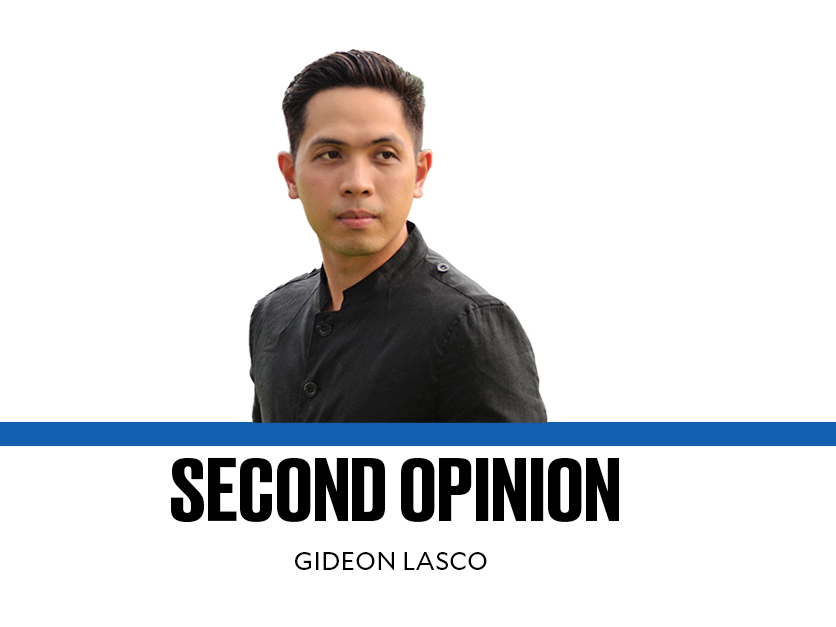
Last week, Doc Willie Ong—one of the most popular doctors in the country today and certainly the most followed on social media—disclosed that he has stomach cancer and that he had faced excruciating pain and “brushes with death.” In a Facebook post, the cardiologist-turned-health advocate cast his disclosure in spiritual and patriotic terms, writing that “If God will grant me a miraculous healing for my huge 16 cm sarcoma, I will spend the rest of my remaining days fighting and lobbying for our poor countrymen.”
I first encountered Doc Willie back in my college days in University of the Philippines Manila during the mid-2000s, when he was teaching history of medicine and even brought our whole integrated liberal arts and medicine class to the Co Tec Tai Medical Museum, which he was putting up at the time in Pasay City with his wife Doc Liza. At the time, he was dabbling on different things, from serving as Department of Health consultant to publishing books, but soon found his niche in social media with his YouTube videos, Facebook posts, and live appearances turning out to hold great resonance with millions with their mix of lofty spiritual quotes and practical medical advice.
Indeed, by the time I started conducting health systems research in 2017, Doc Willie was already on the lips of many of our interviewees, prompting me to note that in contrast to the government’s own faltering health communications, “it is the likes of Dr. Willie Ong—six million followers in tow—who reach the public more effectively on Facebook”
I had since lost touch with him, partly because of our diverging stances on political and medical matters. “I hope he adds nuance to his views on issues like vaccines and drugs—and engages more with the public health folks who are already working on the things he promises (e.g., free medicines, free surgery),” I wrote in this space weeks before the 2019 elections, while also stressing that “I see the sincerity in his independent candidacy and appreciate his efforts to popularize health on social media.” (“Senatorial candidates running on health,” 4/25/19)
It is this same sincerity that I see in him today, this time on the very personal matter of his own cancer diagnosis. Indeed, regardless of how one views his political entanglements and aspirations, his disclosure is commendable for at least the following reasons:
First, cancer remains a difficult topic to discuss or disclose, especially if it is severe; speaking about it as openly and as detailed as Doc Willie has done takes great personal courage. Cancer may no longer be thought of the same way it was decades ago, in light of better treatment options and higher survival rates, but people who live with cancer still face a lot of social barriers. Just as what King Charles III and Kate Middleton may be doing for the United Kingdom or what Kris Aquino is doing for autoimmune diseases, Doc Willie’s disclosure can help reduce the stigma and discrimination faced by Filipinos affected by cancer.
Second, Doc Willie was quick to highlight that his treatment is a privilege, and this act of including the plight of many others in his narrative is apt and praiseworthy. He is correct: while Philippine Health Insurance Corp. has case rates for certain conditions and recently announced increases (e.g., up to P1.4 million for breast cancer), most Filipinos are still highly likely to bankrupt themselves in the process of dealing with catastrophic illnesses like cancer and stroke.
Third, by framing his debacle in spiritual terms, Doc Willie invites us to ponder upon our own mortality, and life itself, including by rethinking our worldview, personal philosophy, and our conceptions of “what really matters” in life. The prospect of death and dying has led people to look beyond this life not just for hope but for making sense of our suffering, but it has also led us to look at this life with greater immediacy and urgency, mindful that we have limited time, and we need to make the most of each moment, each person, each place. Personally, I believe that we can pursue both a Christian outlook toward life’s transcendental meaning and purpose, as well as a Zen-like appreciation of each moment, but I, too, will ponder more deeply about these matters.
Finally, Doc Willie’s candor—e.g., that he thought his symptoms were due to old age—can encourage people, including senior citizens, to get screened and take preventive steps (e.g., smoking cessation, diet, and exercise), given that indeed our assessments of our own health can utterly fail us. Of course, people’s ability to get themselves screened and live healthy lives is likewise contingent on the government making it easier for them to do so, which is why we need better cancer care in the country, from prevention and diagnosis to treatment and palliative care.
Meanwhile, I am rooting for Doc Willie to recover, just as I am sending the same hope to Dean Tony La Viña; to my family and friends who I know—or do not know—face the same predicament; and to everyone reading this piece in a similar situation. Medicine can give people a chance to live on, and there are remedies beyond the health-care system that we can all reach for—and share to our loved ones, from comfort and care to grace and salvation.
—————-
pdlasco@up.edu.ph
Gideon Lasco, physician, medical anthropologist, and columnist, writes about health, medicine, culture, society, and in the Philippines.



